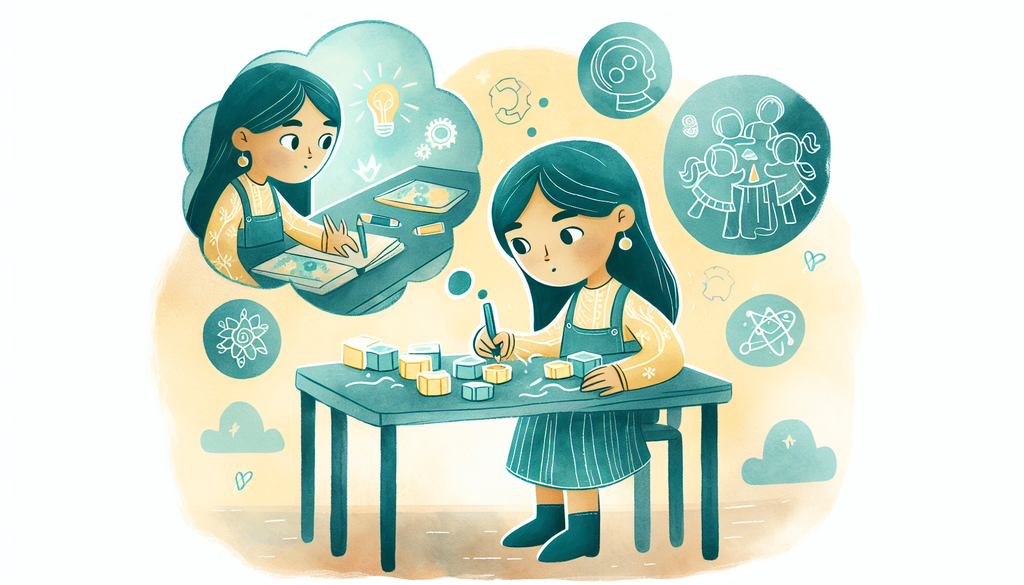Cooperative Learning: Teamwork Skills for Children with Special Needs

Cooperative learning is a powerful method that promotes teamwork skills, leadership, and social development amongst children. For children with special needs, these activities often go beyond acing a group project or winning a team game. They provide an opportunity to practice social skills, improve communication, and build confidence.
When children work together, they exercise empathy, responsibility, and problem-solving—skills that not only boost their interpersonal skills but also strengthen their personal development. Let’s delve into why teamwork skills are essential and how cooperative learning can help mold them in children with special needs.
The Importance of Teamwork Skills
For any child, being part of a team contributes to cognitive and socio-emotional development. From Interpreting Your Child’s Development, we understand that teamwork extends learning beyond academics. It teaches patience, active listening, verbal and nonverbal communication—all of which are essential life skills.
For children with special needs, these area have a profound impact. They can translate into improved relationships with peers, lower instances of conflict, and better emotional well-being. Not to mention, being a part of a group can provide a sense of belonging and boost their self-esteem.
Cooperative Learning Activities
Creating cooperative learning activities for children with special needs can take various forms, and you need to select the one that best fits your child’s abilities and preferences. Here are some ideas:
-
Group projects: Whether it’s a science project, a history timeline, or a community service project, group tasks encourage dialogue and decision-making. These projects can be adapted according to your child’s special needs, allowing them to contribute in a way that leverages their strengths.
-
Sports and Physical Activities: Team sports and physical activities help to develop motor skills, coordination, and timing. They also strengthen resilience, endurance, and the idea of working towards common goals. While considering your child’s physical abilities, choose inclusive sports activities designed for children with special needs.
-
Arts and Crafts: Collaborative art projects provide a platform for children to express themselves. Activities could include painting a canvas as a group or creating a makeshift band with musical instruments.
To make cooperative learning more effective, make sure the activities are fun, inclusive, ensure every child participates, and practice patience and understanding. Check out this collection of DIY projects for children with special needs and gifted kids for more inspiration.
Final Words
Cooperative learning is a powerful tool for children with special needs. It provides them with opportunities to develop crucial teamwork skills, a sense of belonging, self-esteem, and better communication skills. As parents, we have an essential role in advocating for inclusive education and the utilization of cooperative learning strategies. For more on how to do this, have a read on our guide about advocating your child’s needs in school.
Remember, all children have the potential to succeed and contribute meaningfully to their teams. With thoughtful planning and a celebration of every small victory, we can empower children with special needs to flourish in cooperative learning environments.